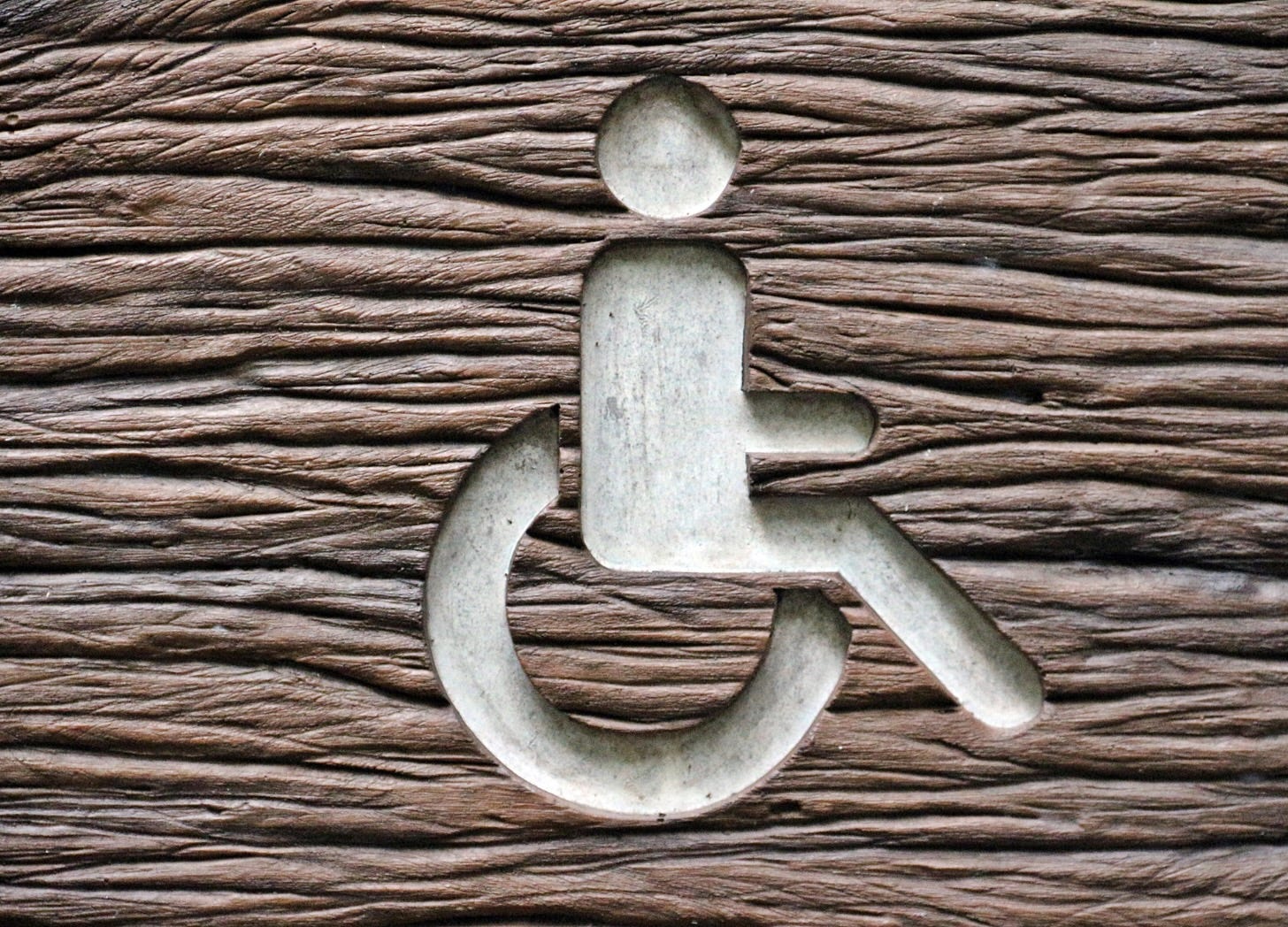Disability Thinking Weekday: 12/12/24
Home care, special education, and a Cracker Barrel followup
Keep reading with a 7-day free trial
Subscribe to Disability Thinking Weekday to keep reading this post and get 7 days of free access to the full post archives.




